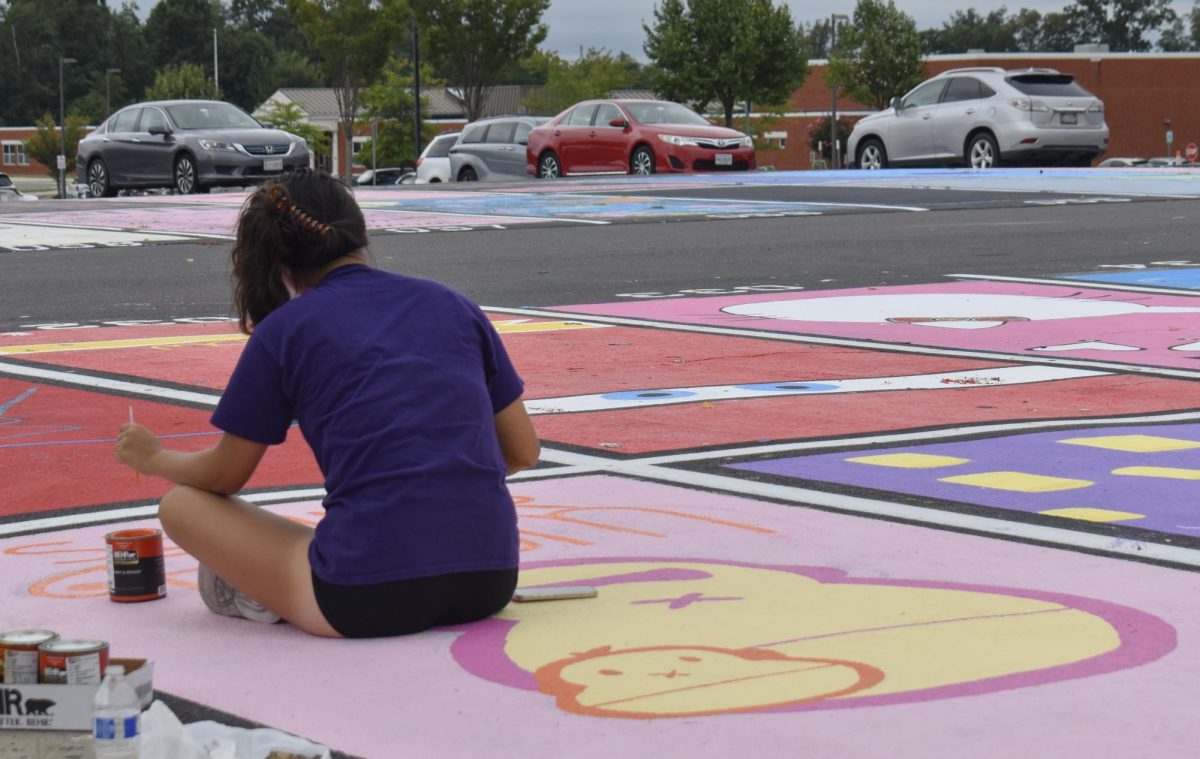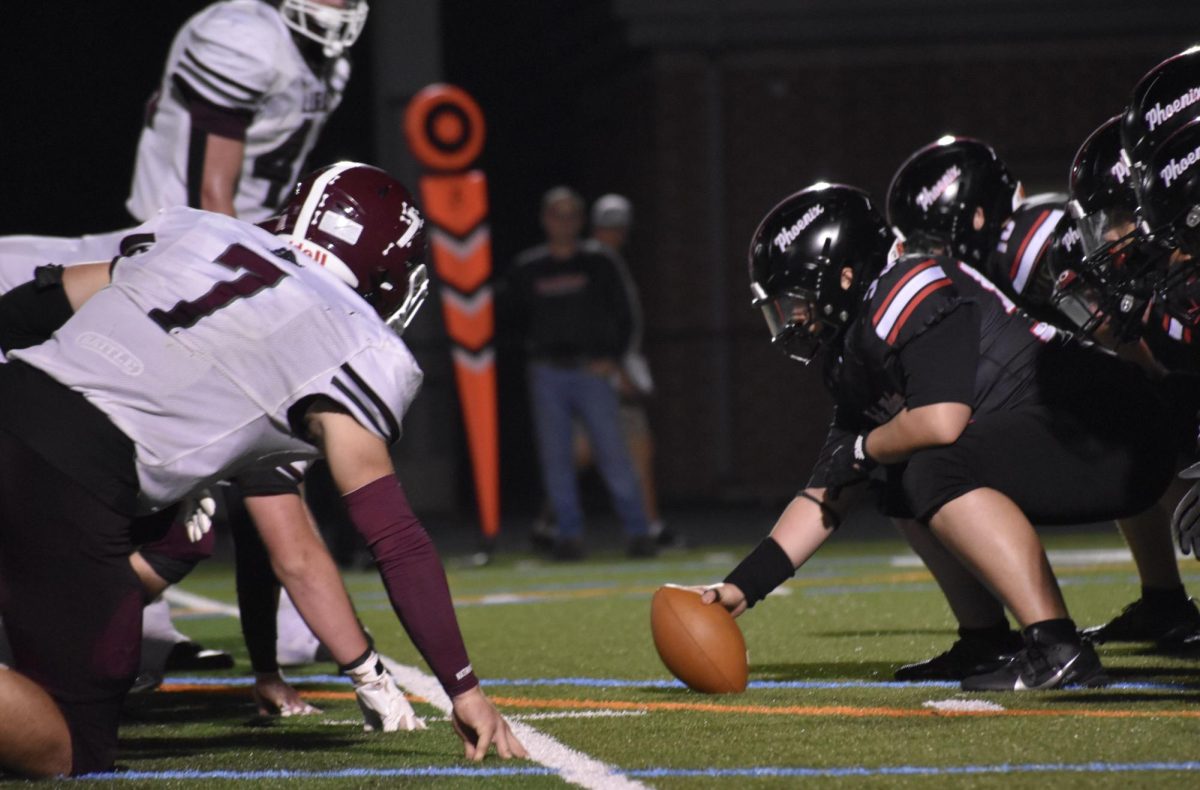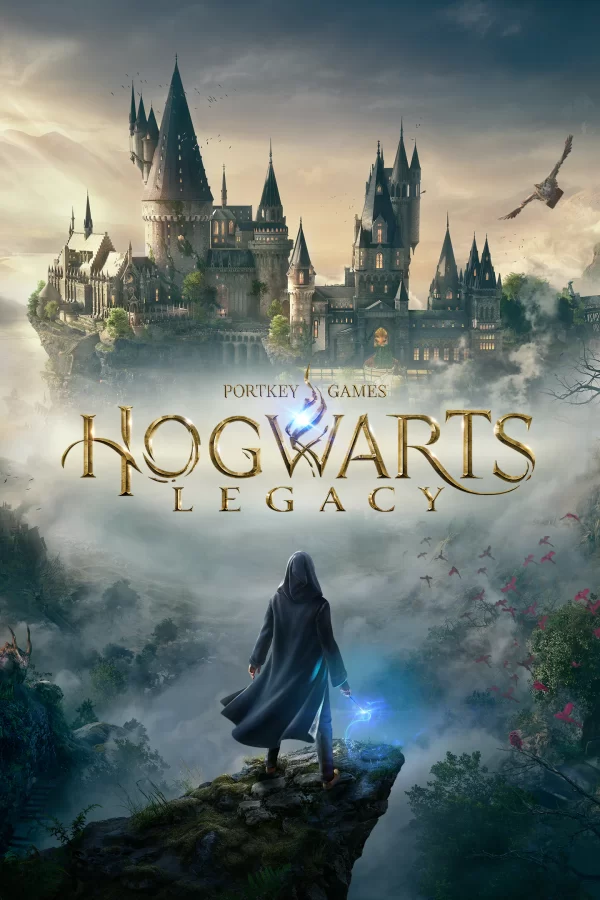Hogwarts Legacy Shines Through Controversy
On Feb. 10, “Hogwarts Legacy” released on all platforms amidst controversy about the transgender ideologies of author J.K Rowling.
Two weeks after its release, Hogwarts Legacy accumulated over 12 million copies sold, with a net revenue of $850 million dollars. This came after a collective of fans within the community boycotted purchasing the game before its release.
April 13, 2023
J.K Rowling’s wizarding world has created numerous memorable characters and stories, from Harry Potter’s adventure to learn wizardry and defeat Lord Voldemort, to Newt Scamander and Albus Dumbledore mending the divide in the wizarding world caused by dark wizard Gellert Grindelwald in the “Fantastic Beasts” spinoff series. Amidst these stories, however, are the underlying perspectives of Rowling towards the LGBTQ+ community.
On Feb. 10, Portkey Games released “Hogwarts Legacy,” a new installment depicting the wizarding world in a new light. Set 200 years before the events of the Harry Potter series, “Hogwarts Legacy” delivers the experience of attending Hogwarts through the perspective of a newly admitted fifth year that players can customize. Throughout the game, players learn about the ever-expanding wizarding world. From casting spells to taming magical beasts, “Hogwarts Legacy” has given what fans of the series have been requesting from a video game for over a decade.
However, prior to the release of the game, a section of the fanbase had boycotted the game, stating that purchasing and playing the game contributes in supporting Rowling’s anti-transgender perspectives. Arguments have blown over in social media such as Twitter and Instagram, with numerous fans debating if supporting the game and Rowling is connected through transphobic ideologies.
The question comes down to a classic “can art be separated from its artist?” In short, is it possible to support the game and the Harry Potter franchise but not support the author’s views? It all comes down to the individual perspective. We believe that J.K Rowling’s anti-trans perspective does not have any effect on the franchise, especially in Hogwarts Legacy. What the franchise represents and what the author does are separate, and that separation commonly gets ignored, leading to disdain for the author and the franchise.
After the release of the game, the debate on the morality of purchasing the game has died down, with many supporting the game for what it delivers: fresh new content that Harry Potter fans have been seeking.
While other mediums, such as the “Fantastic Beast” series and park attractions such as The Wizarding World of Harry Potter at Universal Studios, are other ways fans can enjoy Harry Potter, a video game allows for a grand experience. It allows fans not only to control their actions within the wizarding world, but also to insert themselves into the life of a Hogwarts student.
Taking on a classic action role-playing game route, “Hogwarts Legacy” allows a great deal of customization: from character creation to the variety of spells offered, players can control who they are and what type of wizard they become. The control players have with who they want to be within the game is an excellent way of identifying the separation between the game and Rowling with their ideologies. While there isn’t any explicit confrontation with the transphobic views that Rowling has, it’s clear the game won’t adhere towards representing those ideas.
As a game, Hogwarts Legacy offers a multitude of stories and side quests leave players with much to do, giving a fulfilling player an experience that doesn’t get bland a few hours into the game. However, there are restrictions to the game’s potential, since it is a single-player game with no current plans for multiplayer options. Fans have taken up the mantle of developing community mods to implement multiplayer, as well as other features currently not in the game. Our overall rating for “Hogwarts Legacy” would be 9/10, as it delivers what fans have wanted from a Harry Potter game for so long.


























![The Phoenix varsity volleyball team lines up for the national anthem. “We were more communicative [with each other] during this game, and I feel like we kept our energy up, especially after the first set,” senior Jessica Valdov said.](https://theblazerrhs.com/wp-content/uploads/2024/10/DSC_0202-1200x800.jpg)









![Junior Alex Alkhal pitches the ball. “[I] just let it go and keep practicing so we can focus on our goal for the next game to get better as a team,” Alkhal said.](https://theblazerrhs.com/wp-content/uploads/2025/05/DSC_0013-1-1200x929.jpg)
























